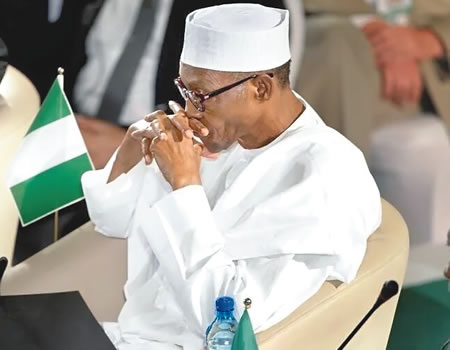Each April and October, the World Poverty Clock data are updated to take into account new household surveys (an additional 97 surveys were made available this April) and new projections on country economic growth from the International Monetary Funds’s World Economic Outlook. These form the basic building blocks for poverty trajectories computed for 188 countries and territories, developed and developing, across the world. Each April and October, the World Poverty Clock data are updated to take into account new household surveys (an additional 97 surveys were made available this April) and new projections on country economic growth from the International Monetary Funds’s World Economic Outlook. These form the basic building blocks for poverty trajectories computed for 188 countries and territories, developed and developing, across the world.
Each April and October, the World Poverty Clock data are updated to take into account new household surveys (an additional 97 surveys were made available this April) and new projections on country economic growth from the International Monetary Funds’s World Economic Outlook. These form the basic building blocks for poverty trajectories computed for 188 countries and territories, developed and developing, across the world.
The data highlight two new storylines about what is happening to global extreme poverty.
FIRST: EXTREME POVERTY IN TODAY’S WORLD IS LARGELY ABOUT AFRICA
According to our projections, Nigeria has already overtaken India as the country with the largest number of extreme poor in early 2018, and the Democratic Republic of the Congo could soon take over the number 2 spot (Figure 1 below). At the end of May 2018, our trajectories suggest that Nigeria had about 87 million people in extreme poverty, compared with India’s 73 million. What is more, extreme poverty in Nigeria is growing by six people every minute, while poverty in India continues to fall. In fact, by the end of 2018 in Africa as a whole, there will probably be about 3.2 million more people living in extreme poverty than there are today.
Already, Africans account for about two-thirds of the world’s extreme poor. If current trends persist, they will account for nine-tenths by 2030. Fourteen out of 18 countries in the world—where the number of extreme poor is rising—are in Africa.
Figure 1: India is moving down in global poverty rankings
Source: Authors’ estimates based on PovCal (World Bank), World Economic Outlook (IMF); World Population Prospects (UN); Shared Socio-Economic Pathways (IIASA), World Income Inequality Database (UNU-WIDER); Algorithm developed by World Data Lab
SECOND: IT IS BECOMING INCREASINGLY DIFFICULT TO ACHIEVE SDG 1 (ENDING POVERTY)
Between January 1, 2016—when implementation of internationally agreed Sustainable Development Goals (SDGs) started—and July 2018, the world has seen about 83 million people escape extreme poverty. But if extreme poverty were to fall to zero by 2030, we should have already reduced the number by about 120 million, just assuming a linear trajectory. To get rid of this backlog of some 35 million people, we now have to rapidly step up the pace.
This notwithstanding, the fundamental dynamics of global extreme poverty reduction are clear. Given a starting point of about 725 million people in extreme poverty at the beginning of 2016, we needed to reduce poverty by 1.5 people every second to achieve the goal and yet we’ve been moving at a pace of only 1.1 people per second. Given that we’ve fallen behind so much, the new target rate has just increased to 1.6 people per second through 2030. At the same time, because so many countries are falling behind, the actual pace of poverty reduction is starting to slow down. Our projections show that by 2020, the pace could fall to 0.9 people per second, and to 0.5 people per second by 2022.
As we fall further behind the target pace, the task of ending extreme poverty by 2030 is becoming inexorably harder because we are running out of time. We should celebrate our achievements, but increasingly sound the alarm that not enough is being done, especially in Africa.








